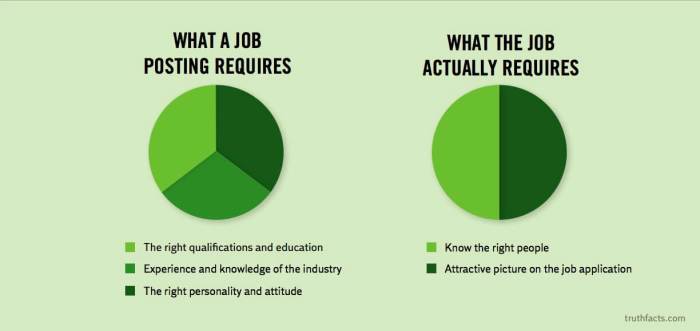Your suspicions are correct: Nice guys and gals finish last – at least if you believe the results of a new study.
Writing for Salon, Erin Coulehan explained that Swiss researcher Daniel Spurk”conducteda survey using 800 participants from varied work industries to compare the dark triad of personality traits: Machiavellianism, psychopathy and narcissism. Participants responded to statements such as ‘I lack remorse’and ‘I like others to pay attention to me.'” Spurk’s findings, “Do Bad Guys Get Ahead or Fall Behind? Relationships of the Dark Triad of Personality With Objective and Subjective Career Success,” were published in the journal of Social Psychology and Personality Science. RELATED: Texts ending with a period are seen as less sincere: Study According to Spurk, workers who manipulate and narcissistically maneuver through the office “tend to be more professionally successful,” Coulehan added. The one hitch is that mere psychopaths don’t do terribly well, which Spurk attributes to “inherent impulsivity and risk-taking tendencies.” Still, the most ruthless workers are, overall, more successful. It just takes a combination of cunning and intellect, Coulehanexplained – using the example of Christian Bale’s character in the film “American Psycho.” In 2011, Dr. Susan Heitlerwrote for Psychology Today that, sometimes, that successcan be a self-fulfilling prophecy, though. RELATED: Narcissism and the ugly side of vanity “I have learned from my clients that being extra-smart, extra-handsome, especially athletic or super-good in any way has its costs,” Heitlersaid. “Success and respect from others, even on a small scale like within a high school or in a small town, can breed narcissistic habits.” She calls that positive feedback loop – narcissistic tendencies being rewarded begetting more narcissistictendencies – “tall man syndrome.”
Likewise, in 2014, researchers reported on the phenomenon of apparent narcissists succeeding, saying that simply saying ruthlessness was the path to success was a bit too simplistic. The Washington Post explained that in one study, researchers found that the ” relationship between narcissism and leadership effectiveness took on the shape of an upside-down U. The leadership ratings of those at the extremes (the insecure and the timid on one side, and the toxic self-aggrandizers on the other) were poor, while those in the middle did very well.” In other words, taking a Goldilocks approach to workplacenarcissism – not too hot, not too cold – seems to bejust right.
Study: Ruthless narcissists succeed more at work

Lamro/Wikimedia Commons
























